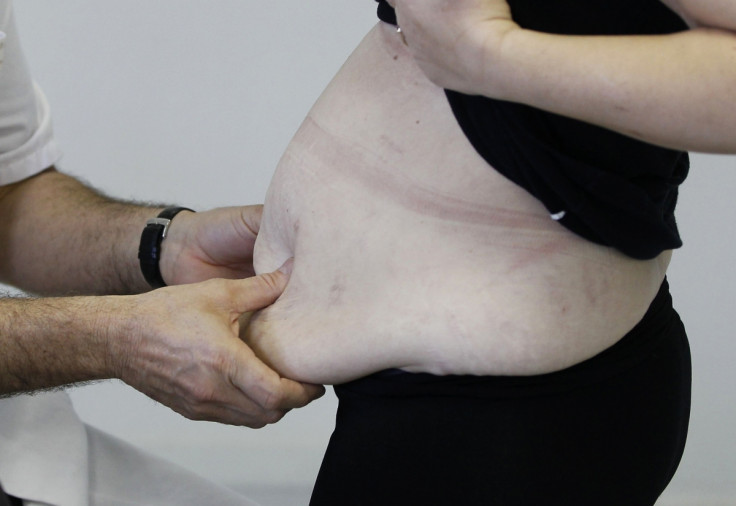Skipping meals increases risk for diabetes and heart diseases

Skipping meals can result in abdominal weight gain associated with insulin resistance and risk for type 2 diabetes and heart disease, says a new study.
In the Ohio State University study, mice that ate all of their food as a single meal and fasted the rest of the day developed insulin resistance in the liver, a precursor of diabetes.
With the liver not responding to insulin signals to stop producing glucose, the extra sugar in the blood is picked by adipose cells of the abdomen and stored as fat.
Mice initially put on a restricted diet, lost weight compared to controls that had unlimited access to food. But they regained weight as calories were added back into their diets.
Fat around their middles weighed more in the restricted-diet mice than in mice that were free to nibble all day long.
"This does support the notion that small meals throughout the day can be helpful for weight loss, though that may not be practical for many people," said Martha Belury, professor of human nutrition at The Ohio State University and senior author of the study. "But you definitely don't want to skip meals to save calories because it sets your body up for larger fluctuations in insulin and glucose and could be setting you up for more fat gain instead of fat loss."
The research is published online in the Journal of Nutritional Biochemistry.
For three days, these mice received half of the calories that were consumed daily by control mice. Food was gradually added so that by day six, all mice received the same amount of food each day.
But the mice that had been on restricted diets developed gorging behaviour that saw them finish their day's worth of food in about four hours and then ended up fasting for the next 20 hours.
The gorging and fasting affected a host of metabolic measures that the researchers attributed to a spike and then severe drop in insulin production.
In mice that gorged and then fasted, the researchers saw elevations in inflammation, higher activation of genes that promote storage of fatty molecules and plumper fat cells – especially in the abdominal area – compared to the mice that nibbled all day.
The liver pumps out glucose when it receives signals that insulin levels are low – for example, while people sleep. But that production stops after a meal, when insulin released by the pancreas goes about removing sugar from the blood and moving it to cells that absorb it for energy.
Belury and colleagues found that glucose lingered in the blood of mice that gorged and fasted, implying the liver wasn't getting the insulin message.
"These mice don't have type 2 diabetes yet, but they're not responding to insulin anymore and that state of insulin resistance is referred to as prediabetes," Belury said.
Insulin resistance is also a risk for gaining abdominal fat known as white adipose tissue, which stores energy.
© Copyright IBTimes 2025. All rights reserved.





















